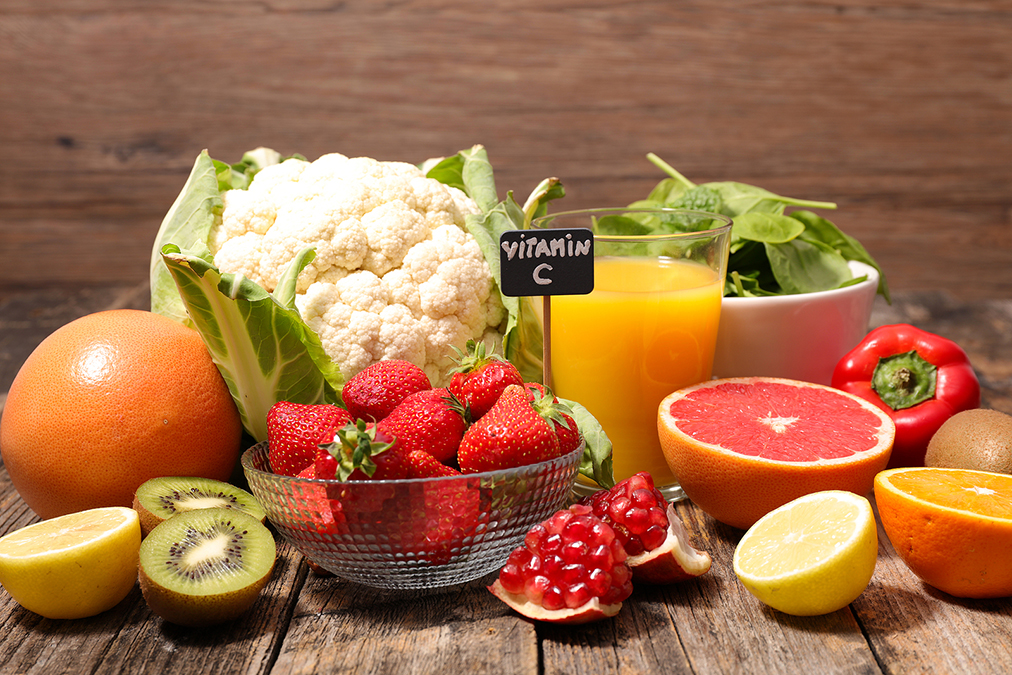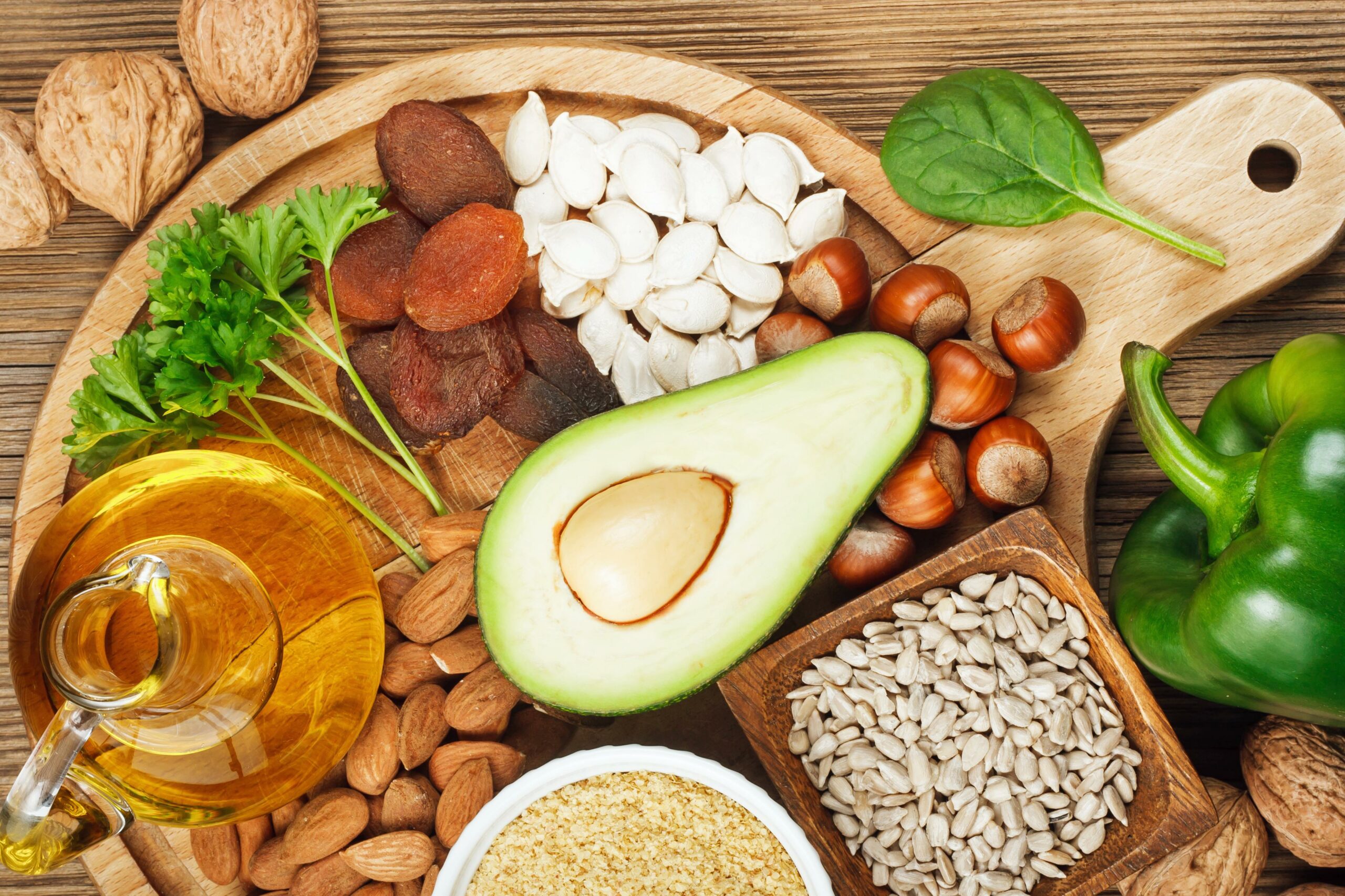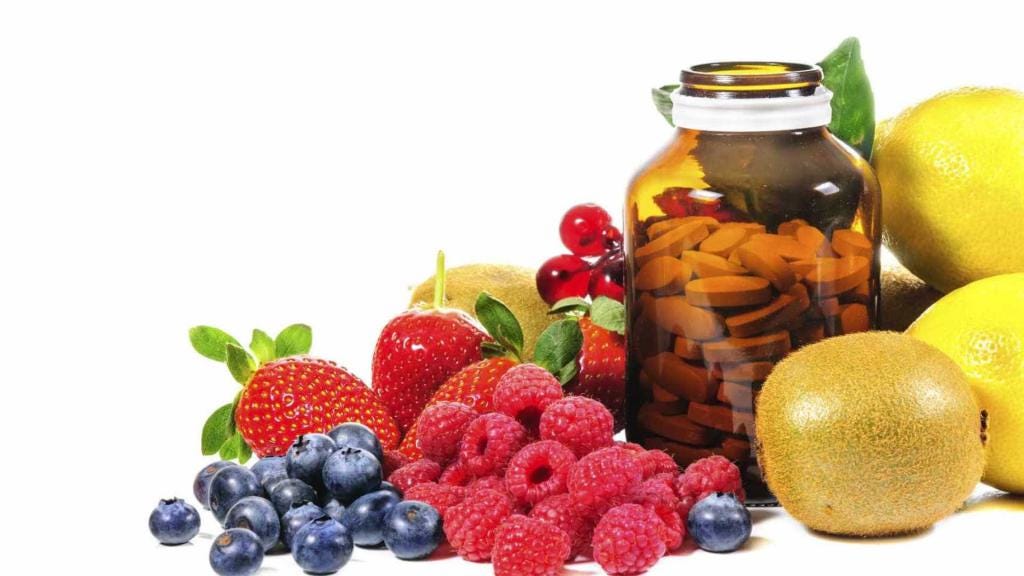Vitamin C, also known as ascorbic acid, is a water-soluble vitamin that plays a crucial role in the body. It is essential for the growth, development, and repair of all body tissues. It is involved in many body functions, including the formation of collagen, absorption of iron, the immune system, wound healing, and the maintenance of cartilage, bones, and teeth. In this guide, we’ll explore how to boost your Vitamin C intake through food sources, the benefits of Vitamin C, and address common questions related to this vital nutrient.
Understanding Vitamin C
What is Vitamin C?
Vitamin C is a potent antioxidant that helps protect cells from damage caused by free radicals. Free radicals are compounds formed when our bodies convert food into energy. We are also exposed to free radicals in the environment from sources such as air pollution, cigarette smoke, and ultraviolet light from the sun. Vitamin C also improves the absorption of non-heme iron, the form of iron present in plant-based foods.
Why is Vitamin C Important?
Vitamin C is essential for:
- Immune Function: It enhances the immune system by supporting various cellular functions.
- Collagen Synthesis: Vital for wound healing and maintaining skin health.
- Antioxidant Activity: Protects against oxidative stress.
- Iron Absorption: Increases the bioavailability of iron from plant-based foods.
- Cardiovascular Health: Helps in the prevention of heart diseases.
Rich Food Sources of Vitamin C
Fruits High in Vitamin C
Fruits are excellent sources of Vitamin C. Here are some of the best options:
Citrus Fruits
- Oranges: A medium-sized orange provides about 70 mg of Vitamin C.
- Grapefruits: Half a grapefruit contains around 38 mg of Vitamin C.
- Lemons and Limes: One lemon provides about 18.6 mg, and one lime contains about 19.5 mg of Vitamin C.
Tropical Fruits
- Kiwi: One medium kiwi has about 71 mg of Vitamin C.
- Mango: One cup of sliced mango offers approximately 60 mg of Vitamin C.
- Pineapple: One cup of pineapple chunks contains about 79 mg of Vitamin C.
- Papaya: One cup of papaya has about 88 mg of Vitamin C.
Berries
- Strawberries: One cup of strawberries provides about 89 mg of Vitamin C.
- Blackberries: One cup of blackberries contains around 30 mg of Vitamin C.
- Raspberries: One cup of raspberries has about 32 mg of Vitamin C.
- Blueberries: One cup of blueberries provides about 14 mg of Vitamin C.
Vegetables High in Vitamin C
Vegetables are also great sources of Vitamin C. Here are some top choices:
Cruciferous Vegetables
- Broccoli: One cup of cooked broccoli provides about 101 mg of Vitamin C.
- Brussels Sprouts: One cup of cooked Brussels sprouts has around 96 mg of Vitamin C.
- Kale: One cup of chopped kale provides about 80 mg of Vitamin C.
Leafy Greens
- Spinach: One cup of cooked spinach contains about 18 mg of Vitamin C.
- Swiss Chard: One cup of cooked Swiss chard offers about 30 mg of Vitamin C.
Bell Peppers
- Red Bell Peppers: One cup of chopped red bell pepper provides about 190 mg of Vitamin C.
- Green Bell Peppers: One cup of chopped green bell pepper has around 120 mg of Vitamin C.
- Yellow Bell Peppers: One cup of chopped yellow bell pepper contains about 137 mg of Vitamin C.
Other Vegetables
- Tomatoes: One cup of chopped tomatoes offers about 25 mg of Vitamin C.
- Cauliflower: One cup of cooked cauliflower provides about 55 mg of Vitamin C.
- Sweet Potatoes: One cup of cooked sweet potato contains about 25 mg of Vitamin C.
Tips to Increase Vitamin C Intake
Eat a Variety of Fruits and Vegetables
Incorporating a variety of fruits and vegetables into your diet is the best way to ensure you get enough Vitamin C. Aim to include a mix of different colors and types in your meals to cover a broad spectrum of nutrients.
Enjoy Fresh, Raw Produce
Vitamin C is sensitive to heat, light, and air. Consuming fresh, raw fruits and vegetables can help retain more of their Vitamin C content. Try adding raw bell peppers to salads, snacking on fresh fruits, or making smoothies.
Cook Vegetables Lightly
If you prefer cooked vegetables, steaming or microwaving them with minimal water can help preserve their Vitamin C content. Avoid boiling vegetables for long periods as it can lead to significant nutrient loss.
Include Vitamin C-Rich Snacks
Choose snacks that are rich in Vitamin C. For instance, a handful of strawberries or a slice of bell pepper can be a delicious and nutritious snack option.
Drink Freshly Squeezed Juices
Freshly squeezed juices from Vitamin C-rich fruits like oranges, grapefruits, and lemons can be a great way to boost your intake. Just be mindful of the sugar content in fruit juices.
Add Herbs and Spices
Some herbs and spices, such as parsley, thyme, and cilantro, are good sources of Vitamin C. Add them to your dishes to enhance flavor and nutrient content.
Benefits of Vitamin C
Immune System Support
Vitamin C contributes to immune defense by supporting various cellular functions of both the innate and adaptive immune systems. It supports the epithelial barrier function against pathogens and promotes the oxidant scavenging activity of the skin, thereby protecting against environmental oxidative stress.
Antioxidant Properties
As an antioxidant, Vitamin C helps combat oxidative stress and reduce inflammation. It neutralizes free radicals, which can damage cells and contribute to chronic diseases.
Collagen Production
Vitamin C is essential for the biosynthesis of collagen, a protein that plays a crucial role in wound healing and the maintenance of skin, blood vessels, bones, and cartilage.
Enhanced Iron Absorption
Vitamin C enhances the absorption of non-heme iron, the type of iron found in plant-based foods. This can be particularly beneficial for individuals who follow vegetarian or vegan diets.
Cardiovascular Health
Vitamin C has been linked to a reduced risk of cardiovascular diseases. It helps improve blood vessel function and reduce blood pressure, contributing to overall heart health.
Skin Health
Adequate Vitamin C intake can help maintain healthy skin by promoting collagen production, reducing the appearance of wrinkles, and protecting against UV-induced damage.
FAQs about Vitamin C
How much Vitamin C do I need daily?
The recommended daily allowance (RDA) for Vitamin C varies by age and gender. For adult men, it is 90 mg per day, and for adult women, it is 75 mg per day. Smokers need an additional 35 mg per day due to increased oxidative stress.
Can I get too much Vitamin C from food?
It is unlikely to get too much Vitamin C from food alone. The body regulates the absorption of Vitamin C from dietary sources. However, excessive intake from supplements can lead to side effects like diarrhea and stomach cramps.
Are supplements necessary to meet Vitamin C needs?
Most people can meet their Vitamin C needs through a balanced diet rich in fruits and vegetables. Supplements may be necessary for individuals with specific health conditions or dietary restrictions.
Which foods contain the highest amounts of Vitamin C?
Red bell peppers, kiwis, strawberries, oranges, and broccoli are among the foods highest in Vitamin C. Including a variety of these in your diet can help you meet your daily needs.
Does cooking destroy Vitamin C in foods?
Yes, cooking can destroy some of the Vitamin C content in foods, as it is sensitive to heat. Steaming or microwaving vegetables with minimal water can help preserve their Vitamin C content.
Can Vitamin C prevent the common cold?
While Vitamin C cannot prevent the common cold, it may help reduce the duration and severity of symptoms. Regular intake is more effective than starting supplementation after the onset of symptoms.
Is it safe to take high doses of Vitamin C supplements?
Taking high doses of Vitamin C supplements (above 2,000 mg per day) can lead to side effects such as diarrhea, nausea, and stomach cramps. It is best to meet your Vitamin C needs through food sources and consult with a healthcare provider before taking high-dose supplements.
What are the signs of Vitamin C deficiency?
Signs of Vitamin C deficiency include fatigue, muscle weakness, joint and muscle aches, bleeding gums, and leg rashes. Severe deficiency can lead to scurvy, characterized by anemia, debility, and skin hemorrhages.
Can Vitamin C help with skin health?
Yes, Vitamin C is beneficial for skin health. It promotes collagen production, protects against UV damage, and helps reduce the appearance of wrinkles and fine lines.
How does Vitamin C support the immune system?
Vitamin C supports the immune system by enhancing the production and function of white blood cells, improving the skin’s defense barrier, and acting as an antioxidant to protect immune cells from damage.
Conclusion
Boosting your Vitamin C intake through food is a natural and effective way to support your overall health. By incorporating a variety of fruits and vegetables rich in Vitamin C into your diet, you can reap the numerous benefits this essential nutrient offers. Remember, a balanced diet is key to maintaining optimal health, and Vitamin C is just one piece of the puzzle. Prioritize fresh, whole foods to meet your nutritional needs and enjoy the vibrant health that comes with it.
- Is Vista Edge Vape Worth It? A Deep Dive Into Its Pros & Cons - May 4, 2025
- Lip Flip Treatment Near Ottershaw, Surrey - May 4, 2025
- Juvederm Volite Skin Booster Treatments Near Ashford, Surrey - May 3, 2025



